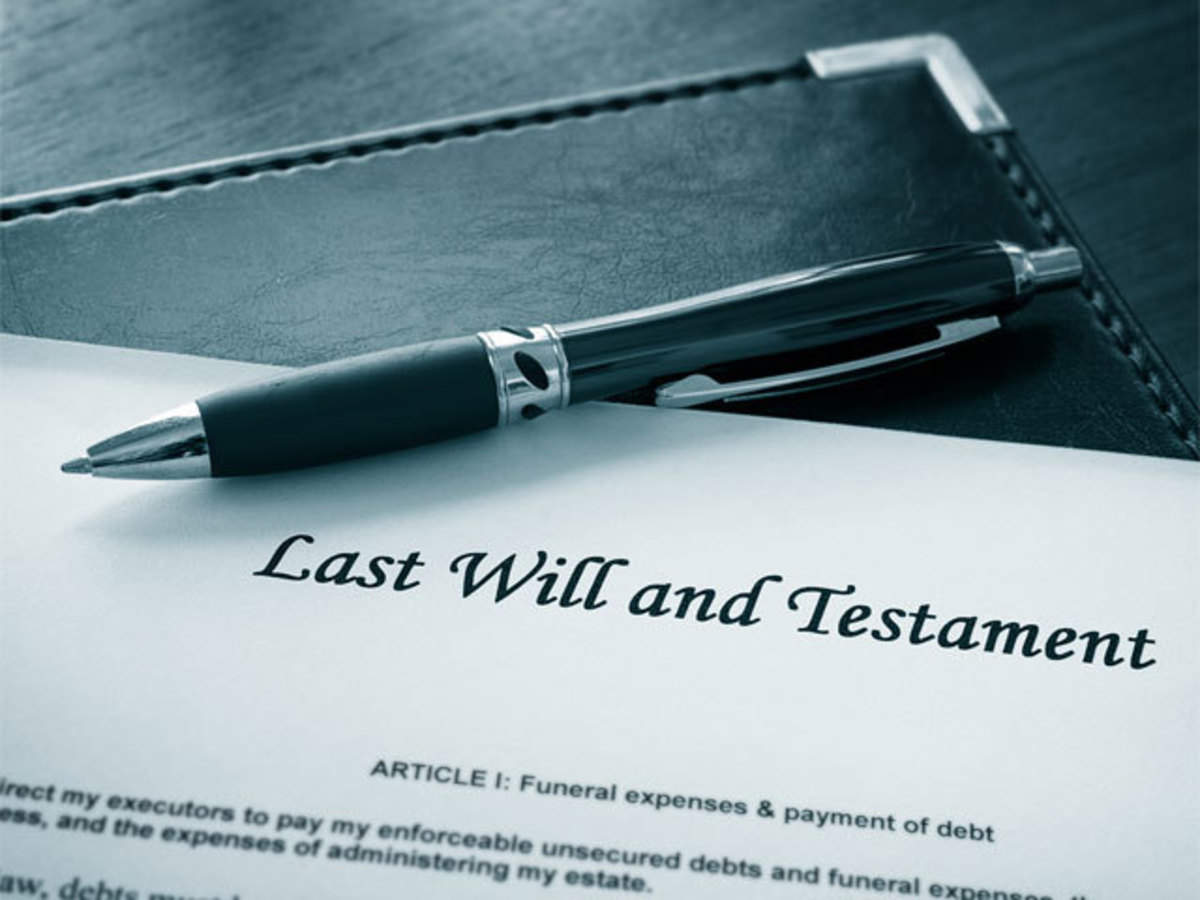In estate settlement, the estate is distributed according to a set of rules established by law. When there is no valid will in place, the estate must go through probate before settling.
Probate is a process where property and assets are identified and valued for distribution purposes. This blog post discusses how an estate can be settled with no will when the decedent owned real property or personal property worth more than $150,000.
What is a will, and why do I need one?
A will is a legal document that states how you want your estate to be distributed after death. It often names an executor and guardian for minor children, appoints guardians of any incapacitated adults in the estate, and lists funeral arrangements.
What happens if a person dies without a valid will?
If a person dies without a will, their estate must go through probate before settling. Probate is the process of identifying and valuing property and assets for distribution purposes after death. If you are named in someone’s will as an executor, you may need to file documents with the court confirming that your appointment was accepted.
How does probate work in the absence of a valid will?
Probate is a court-supervised process that oversees estate distributions in the absence of an executor or valid will. The probate estate includes real property and personal property, subject to estate taxes if they are worth more than $150,000. The first steps in estate settlement without a will are to identify the estate’s assets, determine if there is any available cash or other liquid assets, and establish how much of the estate must go through probate.
When can an estate be settled with no valid will?
An estate can be settled with no will when the decedent owned real property or personal property worth more than $150,000. If an estate is less than this amount and no minor children are involved, it may not need to go through probate court.
Estate settlement without a valid will can be challenging because many factors must be considered. These include the estate’s value and any debts or creditors, as well as who is named in the person’s military records.
There may even be a case of lost heirs where information that the deceased had unknown beneficiaries becomes available. Such people can be found by an heir search company that specializes in this type of work. Lost heirs complicate matters considerably because the probate process can often take a standstill until they are found.
Do I need to have my lawyer, or do I get one from the court system?
It is often wise to hire a lawyer if you are named in the estate as an executor. The estate may have many different types of property and assets that will need to be dealt with, such as stocks or real estate. If you are one of the interested parties in an estate settlement without a will, it is also advisable that you get a lawyer to assist you.
What are some of the consequences if someone doesn’t have a valid will and dies intestate (without leaving behind any legal documents) in their state?
An estate distribution without a will is called intestacy, and it could have many consequences. The first consequence of an estate going through probate without a will may be the estate tax, which can vary depending on how much property there is to distribute.
Different rights depend on whether or not you’ve included in the decedent’s estate. For example, if you are not named as a beneficiary of the estate or appointee in the will, then there may be no protection in taking possession of property such as real estate.
An estate distribution without a will can also lead to complications over who inherits what type of property and assets from an intestate estate. For example, if the estate has stocks in it that are sold, but no one is named as a beneficiary of those assets, there may be some confusion.
If you are considering creating a last will, understand that you risk losing any rights and protection over what happens with your property or estate distribution if this is not done before you die.
Conclusion
In the final analysis, an estate can be settled without a valid will. However, this is a complicated process that can result in expense and engender hostility among living relatives attempting to collect the deceased’s assets. To avoid all of this, it is better to leave behind a valid will.
